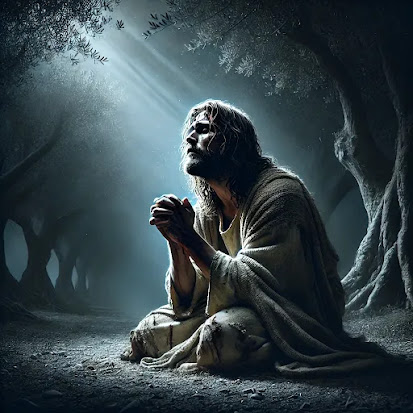In the Fifth Glorious Mystery, we contemplate the coronation of Mary as Queen of Heaven and Earth.
From the Book of Revelation (12:1)
A great portent appeared in heaven: a woman clothed with the sun, with the moon under her feet, and on her head a crown of twelve stars.
Commentary by Saint Athanasius
Christ reigns over Christians forever, and His kingdom will have no end. And since He is King, born of the Virgin, she is also called Queen, Lady, and Mother of God.
Meditation 1
Elevated to Heaven, Our Lady receives the crown of glory from God’s hands, as a sign of a life completely dedicated to Him and the fulfillment of His will. With her unconditional "yes", Mary allowed the Almighty to work wonders in her. That is why all generations call her blessed.
Mary’s earthly life, as the Mother of the Savior, begins before Jesus and ends after Jesus. After being the Mother of the Church, because she is the mother of its founder, she now reigns in Heaven and on Earth as Queen Mother, alongside her Son, who is King of the universe.
Pope Paul VI, in his Apostolic Exhortation Marialis Cultus, states that the solemnity of Mary’s Assumption is joyfully prolonged in the celebration of her queenship. The mother of a king is a queen, a queen-mother. It was not an inherited queenship, like the son of a king who inherits the throne, but a queenship earned through effort. This crown of glory was preceded by a crown of thorns, of much suffering that Mary had to endure for the sake of her Son.
Saint Paul, in one of his letters, speaks of athletes who sacrifice themselves with training and discipline only to win a crown that fades. If they strive that hard for something that does not last, how much more should we strive to win, like Mary, an eternal crown of glory, by accepting the sufferings that come our way.
Meditation 2
Like Mary, we will return to God, from whom we came, but we will no longer be the same. We were God’s project, and we will reach the end with a personality formed, with the help of His grace and also with our personal efforts. God will reward us for our blood, sweat, and tears. At the hour of death, the clock of our betterment stops ticking, and there is no more opportunity to change our eternal destiny.
We do not need to achieve a specific perfection; the parable of the Sower says that one seed produces thirty, another sixty, and yet another a hundredfold. What matters is not the quantity, but the opportunities we had. The Parable of the Talents also teaches that all who worked were rewarded equally; and the Parable of the Labourers in the Vineyard shows that those of the last hour received the same as those of the first. Conclusion: what matters is we are working, striving, even if there are risks and losses.
Let us imagine the final judgment as a great courtroom. This court will consist of all the people we have interacted during our lives: friends and enemies, those we have helped (I was hungry, I was thirsty, etc.), and those we have not helped. For each person we have done good to, we gain a voice and a favorable vote in this judgment; for each person we did not help, we gain a voice and an unfavourable vote.
Let us ask Mary to guide us during the time we have left, until we reach our final hour. May this time be a time of hope and not of fear.
Prayer
O Mary, Queen of Heaven and Earth,
Mother full of grace, who brought into the world
the Savior and King of Kings,
we praise and thank you for your generous "yes",
which allowed the Almighty to perform wonders in you.
As we contemplate your Coronation,
we know that your body, preserved from all stain,
is now glorified beside your Son.
You, who is the Mother of the Church,
intercede for us before your Son,
so that, like you, we may be crowned with glory.
Mary, help us to accept the sufferings life brings,
to find in pain an opportunity for growth,
and to work with love in your mission of
spreading the Gospel and doing good.
Make it so that, in every action of ours,
we may gain favorable voices at the final judgment,
in order that, at the hour of our death,
we may be received into the arms of your Son,
just as you were received into heavenly glory.
Inspire us to live with hope,
to look upward and seek the things of heaven,
knowing that in you we have a loving Mother,
who guides and comforts us in every moment. Amen.
Fr. Jorge Amaro, IMC


















